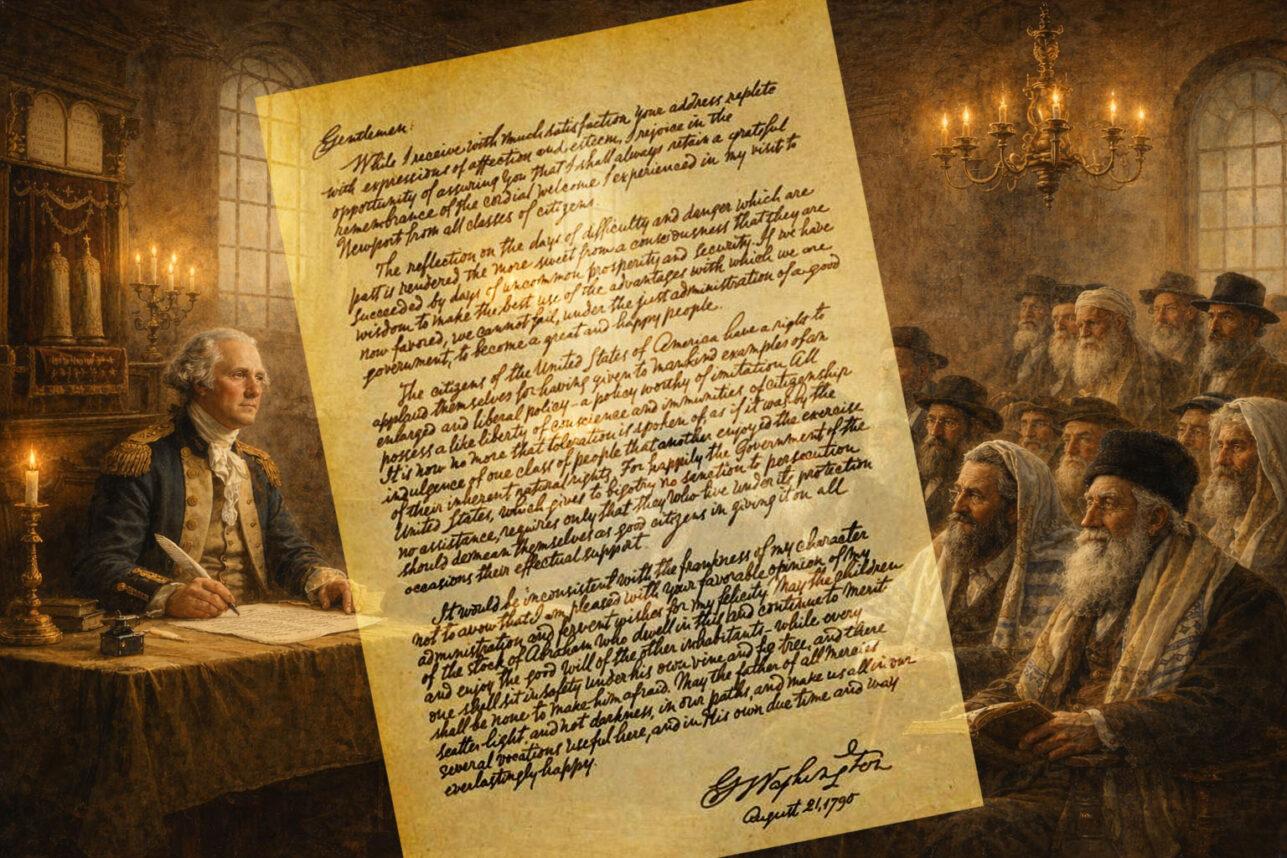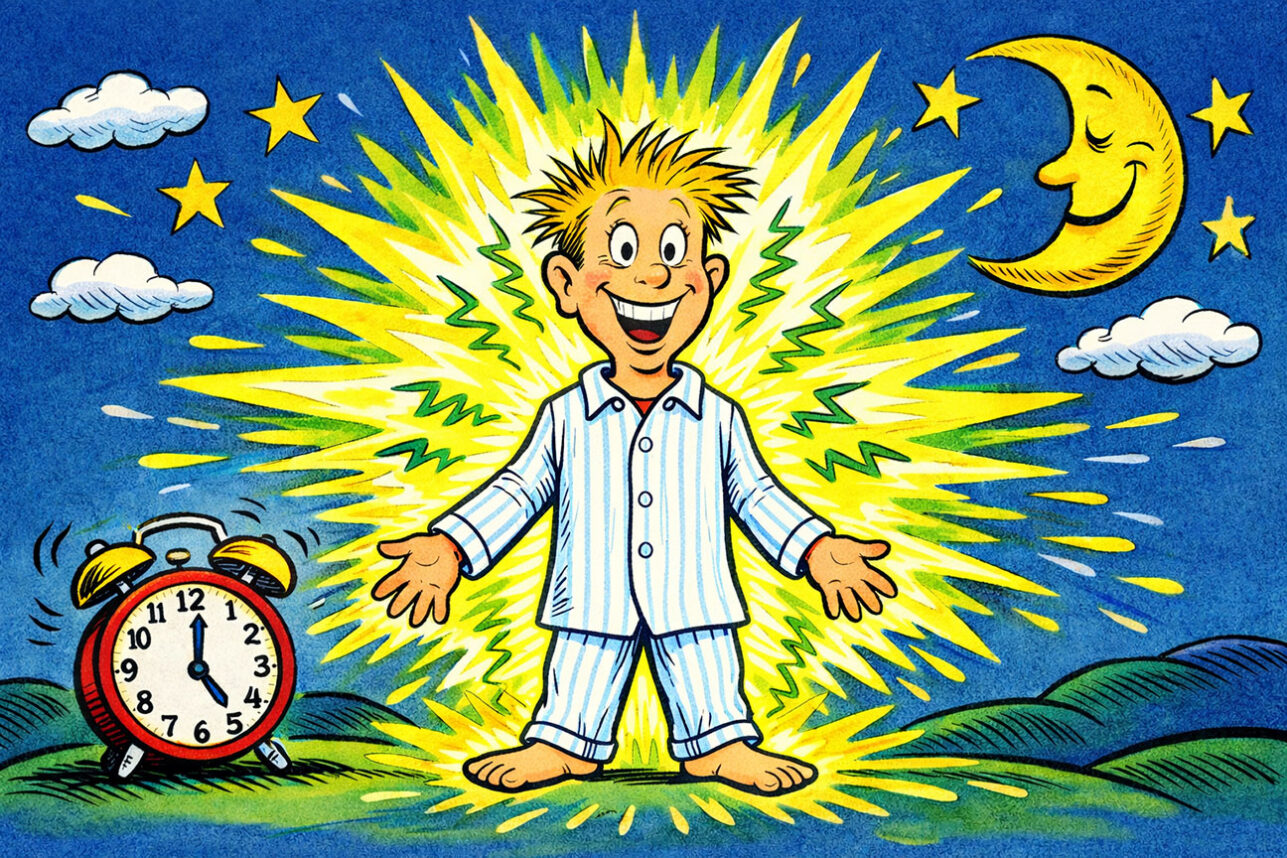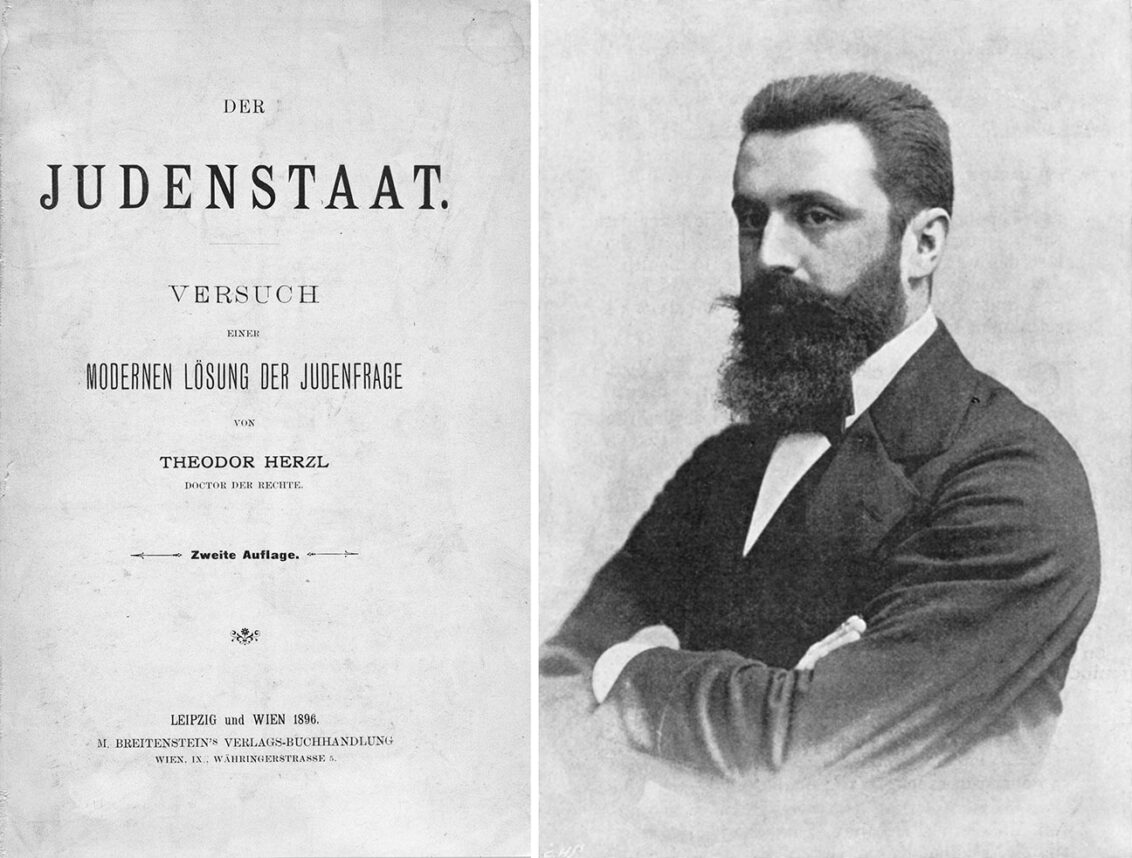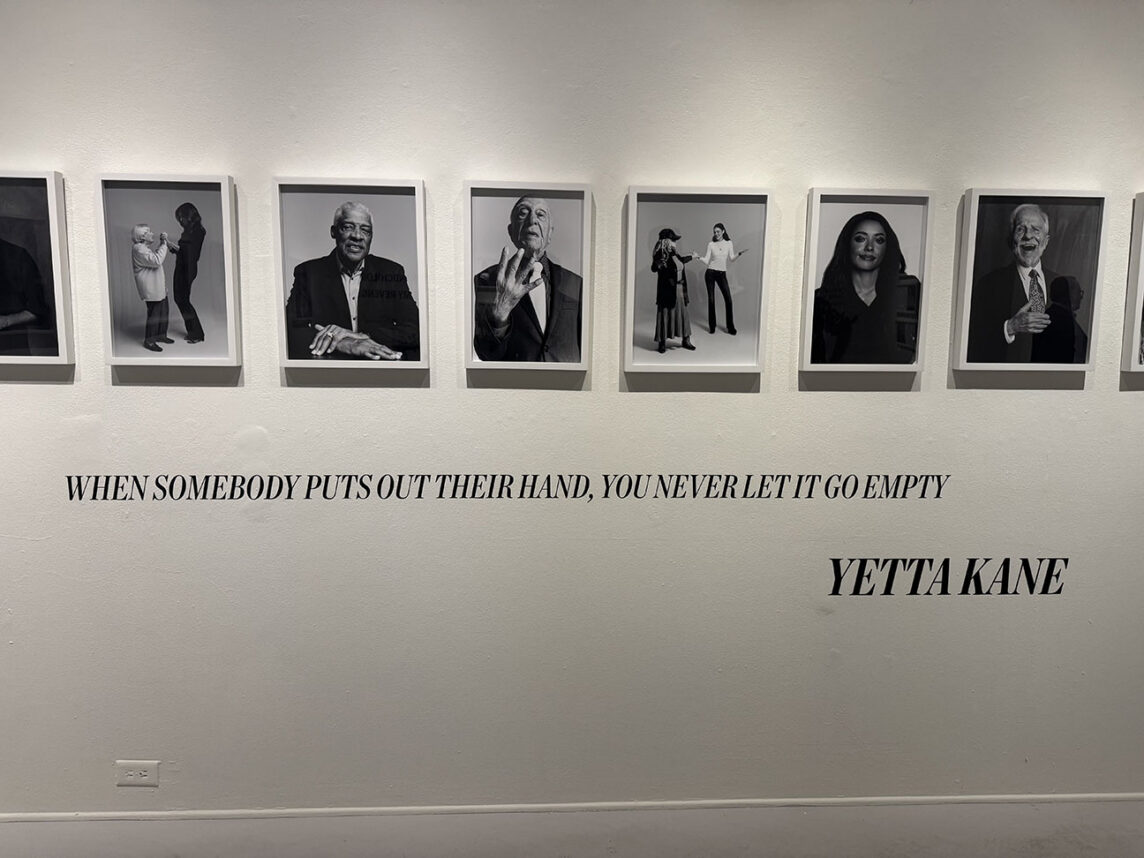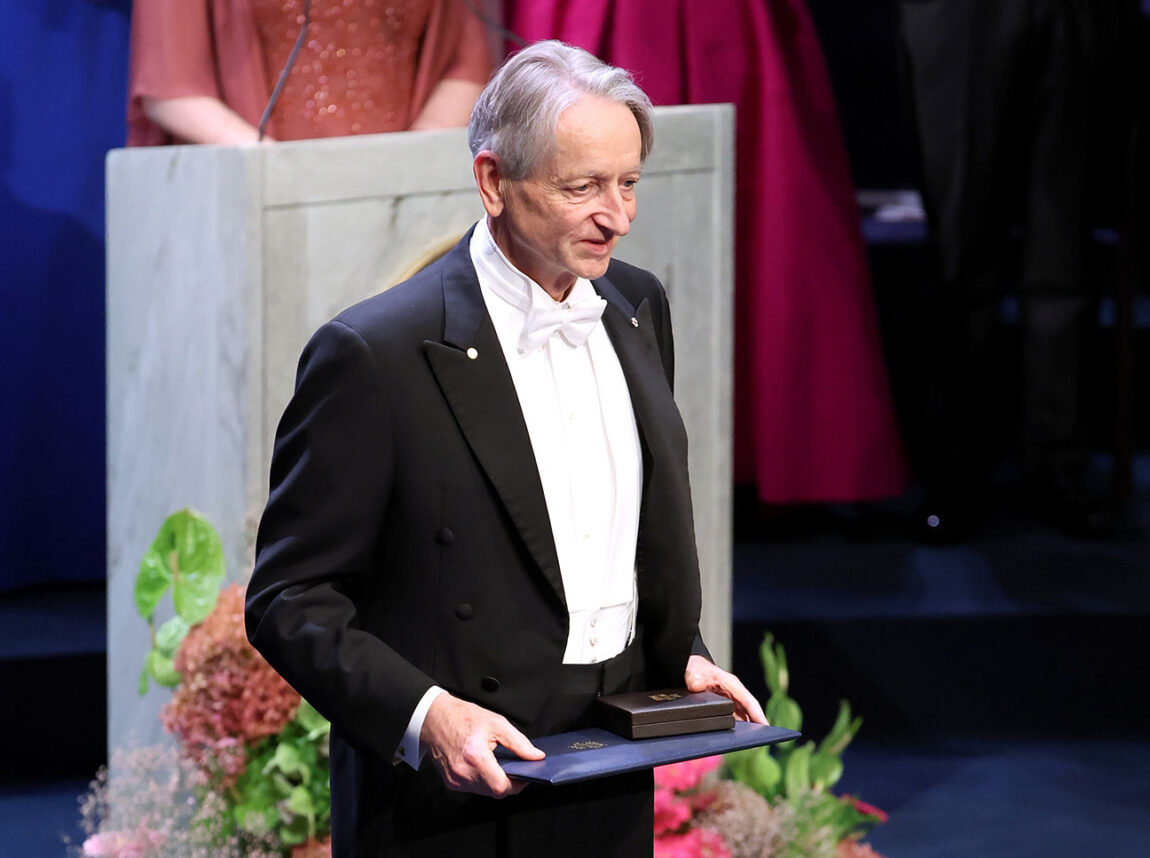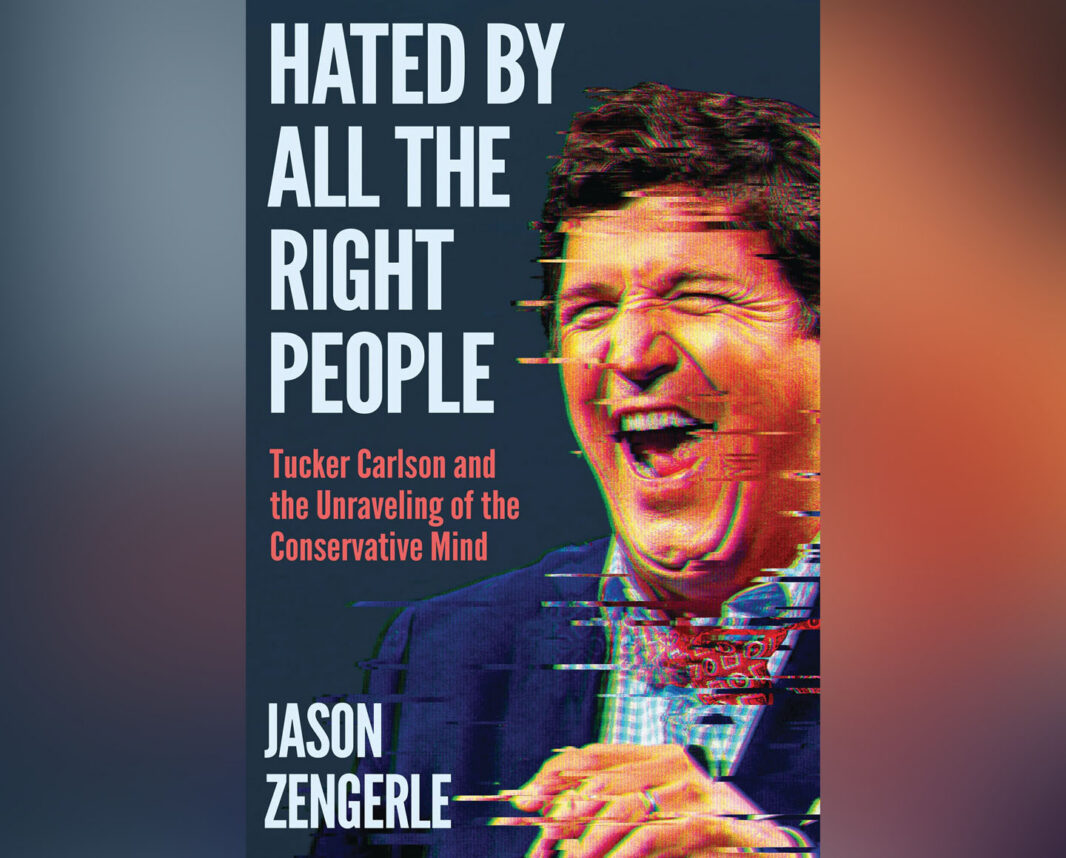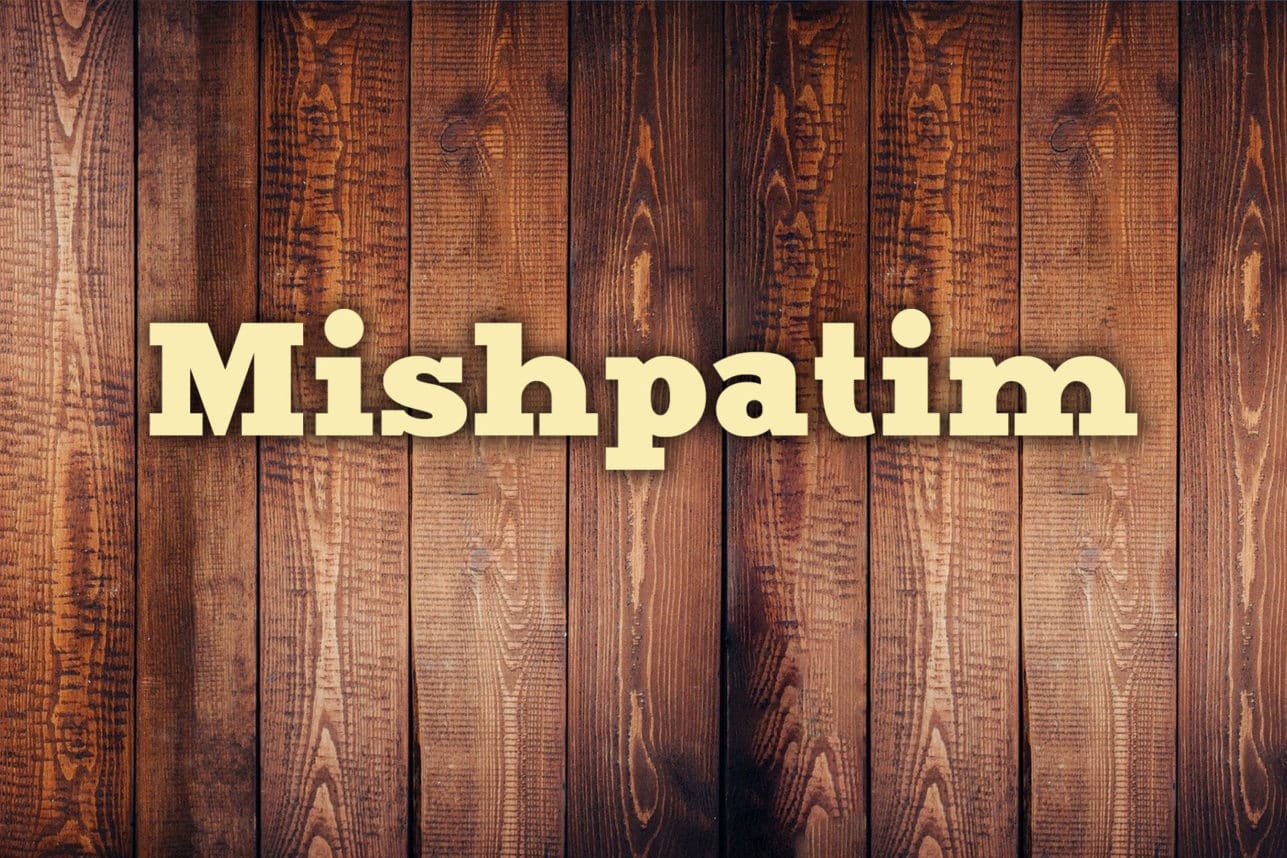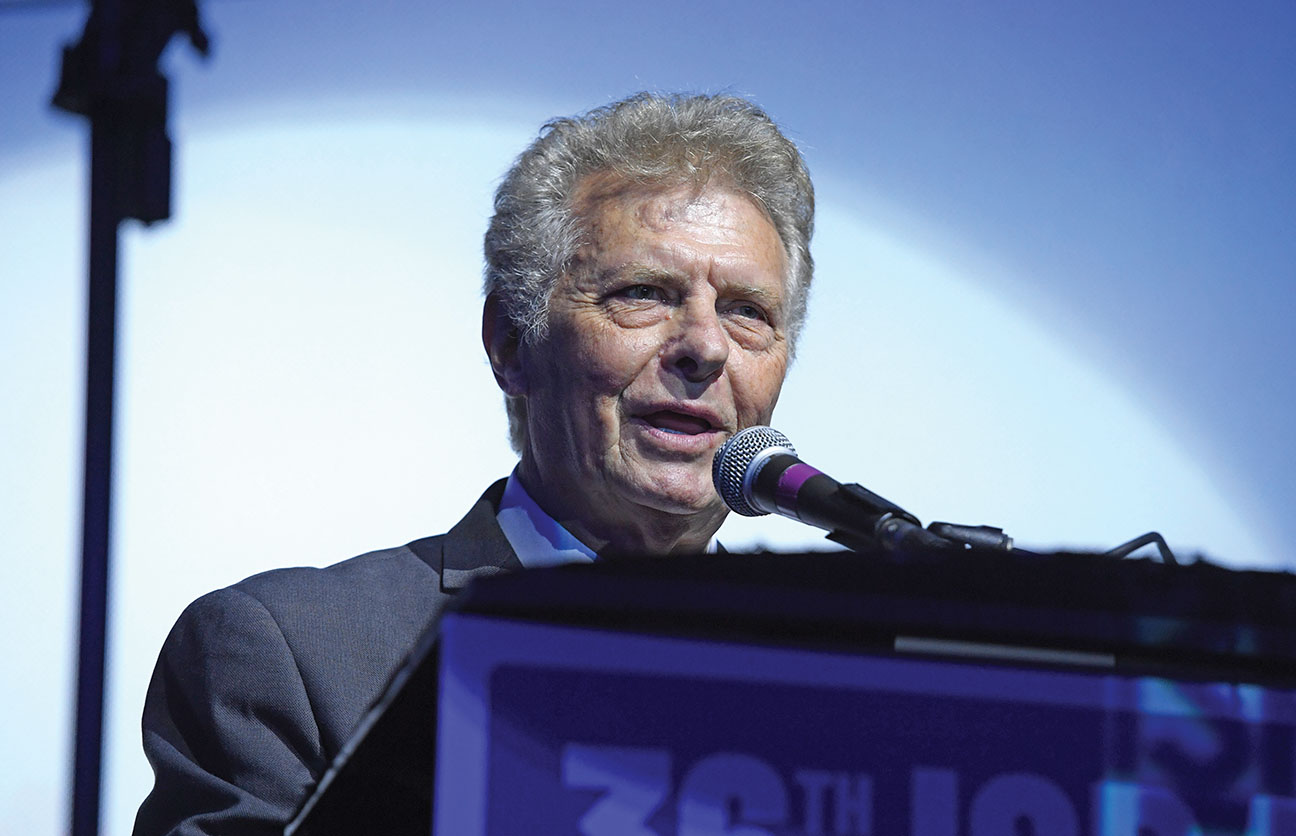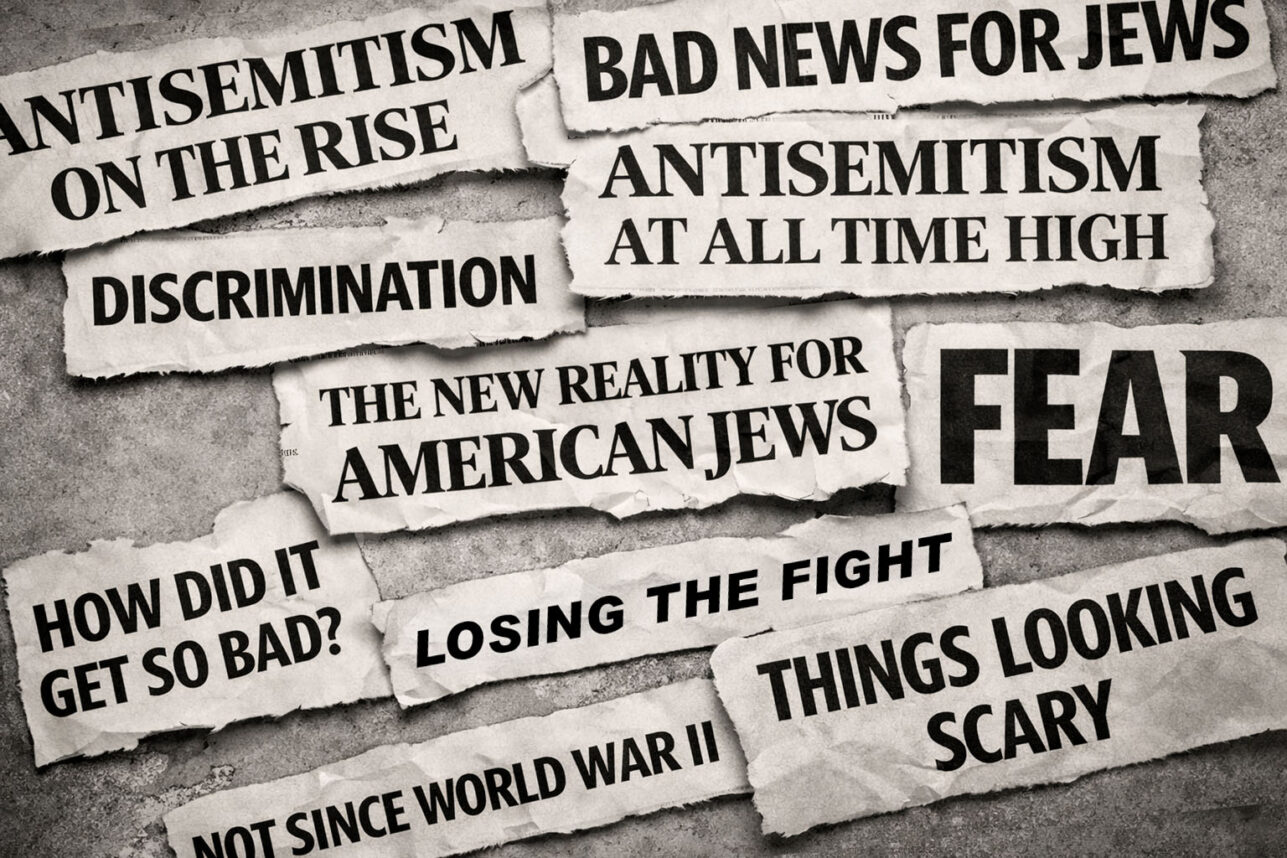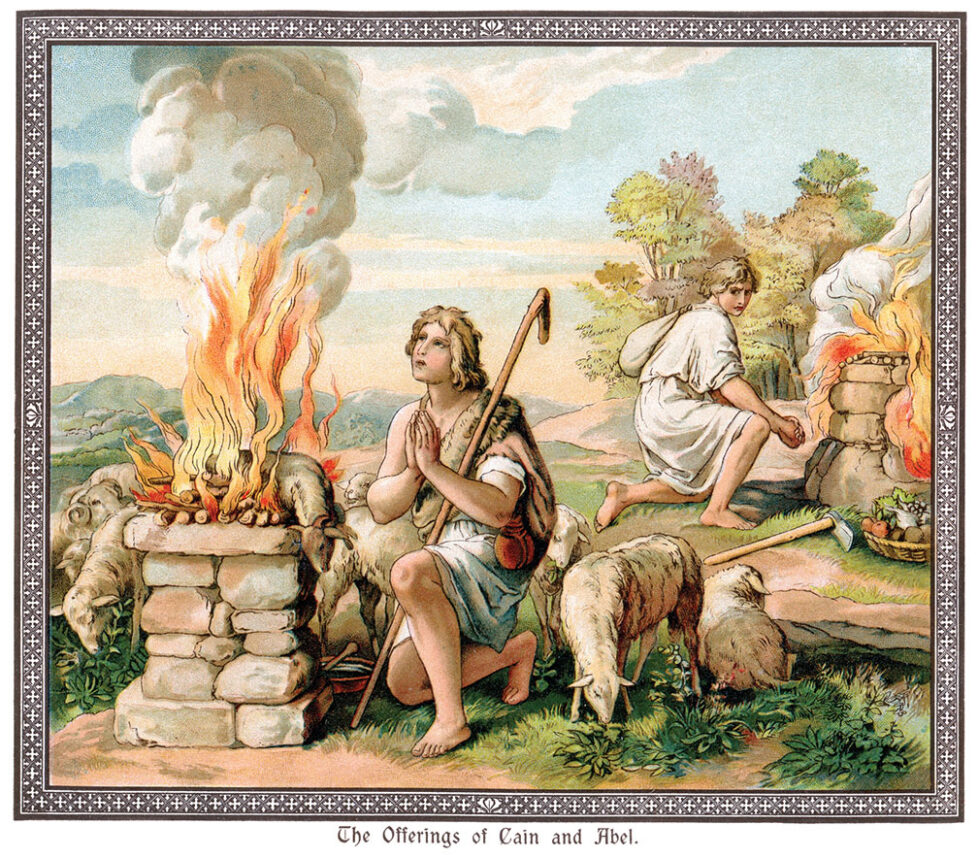Several weeks before he was to receive the lifetime achievement award from the Writers Guild of America, West, Eric Roth was in his study in Malibu conducting a breezy conversation that veered from his communist Jewish parents to his Oscar-winning screenplay for “Forrest Gump.”
“Out of this room has come about 25 movies — pretty good, huh?” he said. “But I write on a really old movie program,” he added of his screenwriting software. “I feel like if I took probably two hours, I could learn Final Draft. But I’m superstitious — it’s silly. I make things more difficult for myself. But I feel if I’m still successful on it, let’s leave it as is.”
Roth’s repertoire also includes Oscar-nominated fare such as “The Insider,” written with director Michael Mann, about the relationship between a journalist and a tobacco industry whistleblower; Steven Spielberg’s “Munich,” spotlighting Israeli assassins tracking down the murderers of athletes at the 1972 Olympics; and the unlikely fable “The Curious Case of Benjamin Button,” in which the protagonist finds himself aging in the opposite direction from everyone he loves.
Now in theaters is his “Extremely Loud & Incredibly Close,” based on Jonathan Safran Foer’s novel about a boy named Oskar Schell (played by Thomas Horn) who loses his father (Tom Hanks) in the 9/11 World Trade Center attacks and embarks upon a citywide quest to heal his grief.
Roth’s four-decades-long career places him among an elite cadre of writers who pen major dramas for major studios, merging art and entertainment. At 66, Roth’s work “has traced the larger span of our history and the smaller, individual arcs of the human life,” Christopher Keyser, president of the Writers Guild of America, West, said in a statement. “He has made going to the movies both a stirring emotional education and a true joy.”
Even though some of his best-known scripts fall in the adapted screenplay category, don’t assume that Roth eschews original work. “I just argued with someone about that,” he said. “People think I just do big book adaptations, and while that’s accurate to some extent, it’s not entirely fair. If you look at the list of my films, ‘The Horse Whisperer’ and ‘Forrest Gump’ are from books, but ‘The Good Shepherd’ isn’t. ‘Benjamin Button’ is from a short story by F. Scott Fitzgerald, but I used just the central conceit. ‘Munich’ came from a nonfiction book, but it became a lot of other things, and ‘The Insider’ was from a magazine article.”
When Roth does adapt material, he said, his first job is “as a dramatist.” He has to make the story work on the big screen.
“Extremely Loud & Incredibly Close” proved a huge challenge in this regard — so difficult, in fact, that Roth did more than 50 drafts before satisfying himself, as well as director Stephen Daldry and the exacting producer Scott Rudin. It was Rudin who first sent Roth Foer’s epic novel, which resonated with the Jewish writer. “I liked the tone of Jonathan’s voice,” he said. “It felt familiar to me in its sort of ironic, Jewish quality.”

Thomas Horn as Oskar Schell in “Extremely Loud & Incredibly Close.”
Yet the tome proved “so kinetic, so postmodern, that I needed to figure out how it could be contained and also visualized,” Roth said. Complicating matters was the fact that the novel had not one, but two parallel story lines: The second thread focuses on Oskar’s German grandfather, who survived the World War II bombing of Dresden and has been mute ever since. Roth loved the grandfather’s journey, in part “because it felt like an Isaac Bashevis Singer story, or a Marc Chagall painting, with shades of old Europe and, obviously, the Holocaust. But I knew we couldn’t tell both stories in one film.”
In the end, Roth decided to focus on the boy and his mourning process, with his mute grandfather, played by Max von Sydow, hinting of his wartime trauma through the expressions flitting across his face.
“Tom Hanks once told me, ‘You write the loneliest people I’ve ever seen,’ ” Roth said. “It’s true that all my work is somehow about loneliness and loss. I’m surrounded by all the love anyone could ever want [he has a wife, Debra, and children and grandchildren], but I think it’s the artist’s curse. Whether I’m a good or a bad artist, we can discuss. But an artist feels the burden of trying to express things that are probably inexpressible — and that can be lonely.”
If the tragedy of Sept. 11, 2001, is also inexpressible, Roth said, the film only sparingly shows images of the disintegrating World Trade Center. When Oskar envisions his father falling from one of the buildings, for example, the picture is grainy and vague. “My instinct was that the boy wanted to catch his father, which was the instinct we all had for people in those buildings,” Roth said.
The image proved helpful to the film’s young star: “It represents Oskar’s feeling of impending doom,” Horn, now 14, said. “It’s what he feared would happen if he doesn’t ‘find’ his father — that he would also hit the ground.”
While reviewers for NPR and The Atlantic found the tone of the film — the first to show the attacks from an orphan’s viewpoint — to be just right, Manohla Dargis of The New York Times wrote that the movie has “no reason for being other than as another pop-culture palliative for a trauma it can’t bear to face. …When tears are milked as they are here, the truer response should be rage.”
In response, Roth cites the screenings he attended for 9/11 survivors, whose tears “weren’t just false emotion.”
Critics of “Munich,” which Roth wrote with Pulitzer Prize-winning playwright Tony Kushner, were perhaps even more virulent, accusing the filmmakers of equating the Arab terrorists with their Israeli avengers. “I was only interested in how the Israelis felt about the film, and they had mixed feelings, which is how I felt,” he said.
“I liked the ‘tough Jew’ quality, and one day when I would be writing the script I would think, ‘How great — the terrorists killed all these people and it’s right.’ And then the next day the Israelis had bulldozed some house with people [in it], and I felt like, ‘Well, that doesn’t accomplish anything.’ ”
These days, Roth is executive producing HBO’s horseracing series, “Luck,” which stars Dustin Hoffman and premieres Jan. 29. Roth, who himself is a racetrack aficionado, said he almost forgot about our interview because he was so immersed in writing the season finale. Is there something Jewish about gambling on horses? “It’s pretty Jewish,” he mused. “I think somehow Jews have taken to it — probably as a way to rise above their station.” There’s perhaps another reason he is drawn to Hoffman’s character of Chester “Ace” Bernstein: “He’s a landsman,” Roth said.
The Writers Guild of America, West, 2012 Laurel Award for Screen, which honors lifetime achievement, will be presented during the WGA Awards ceremony Feb. 19 at the Hollywood Palladium.










